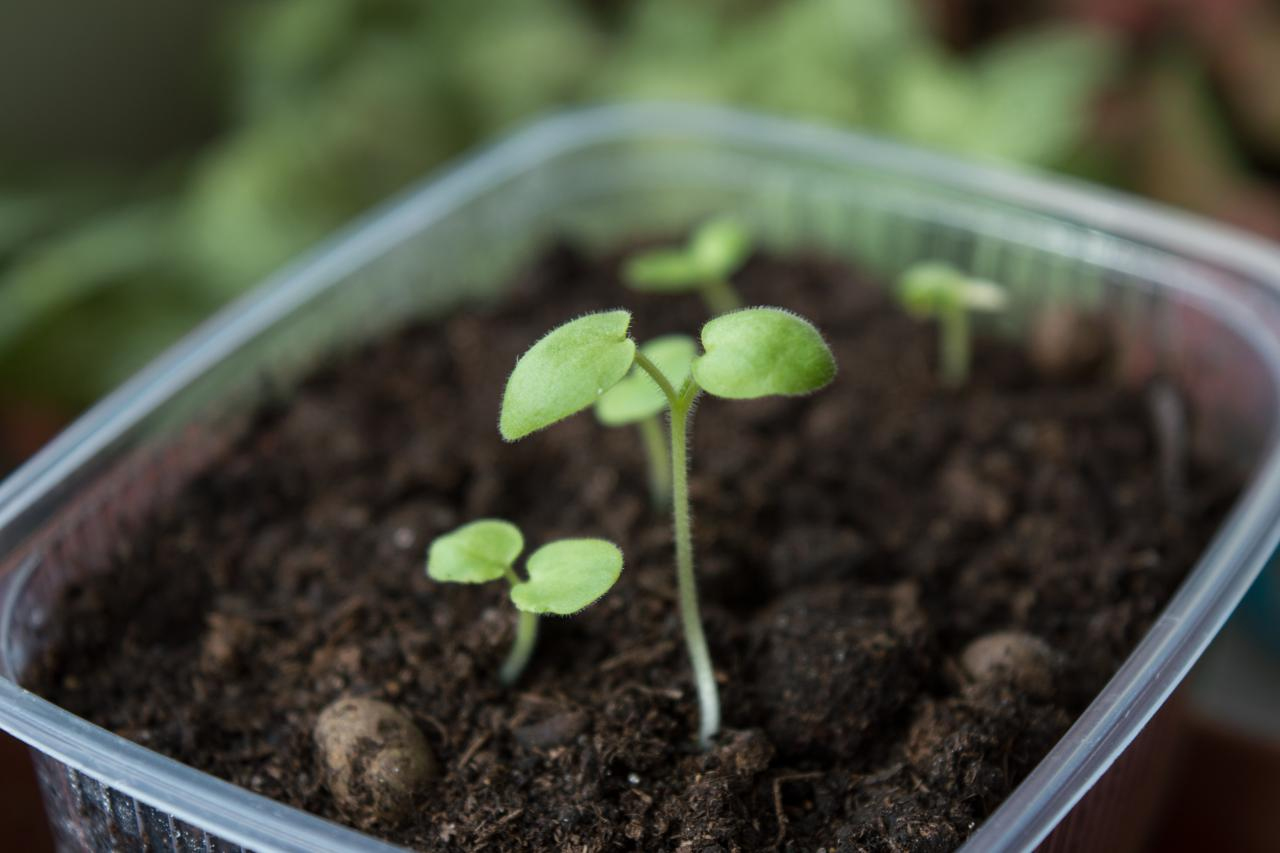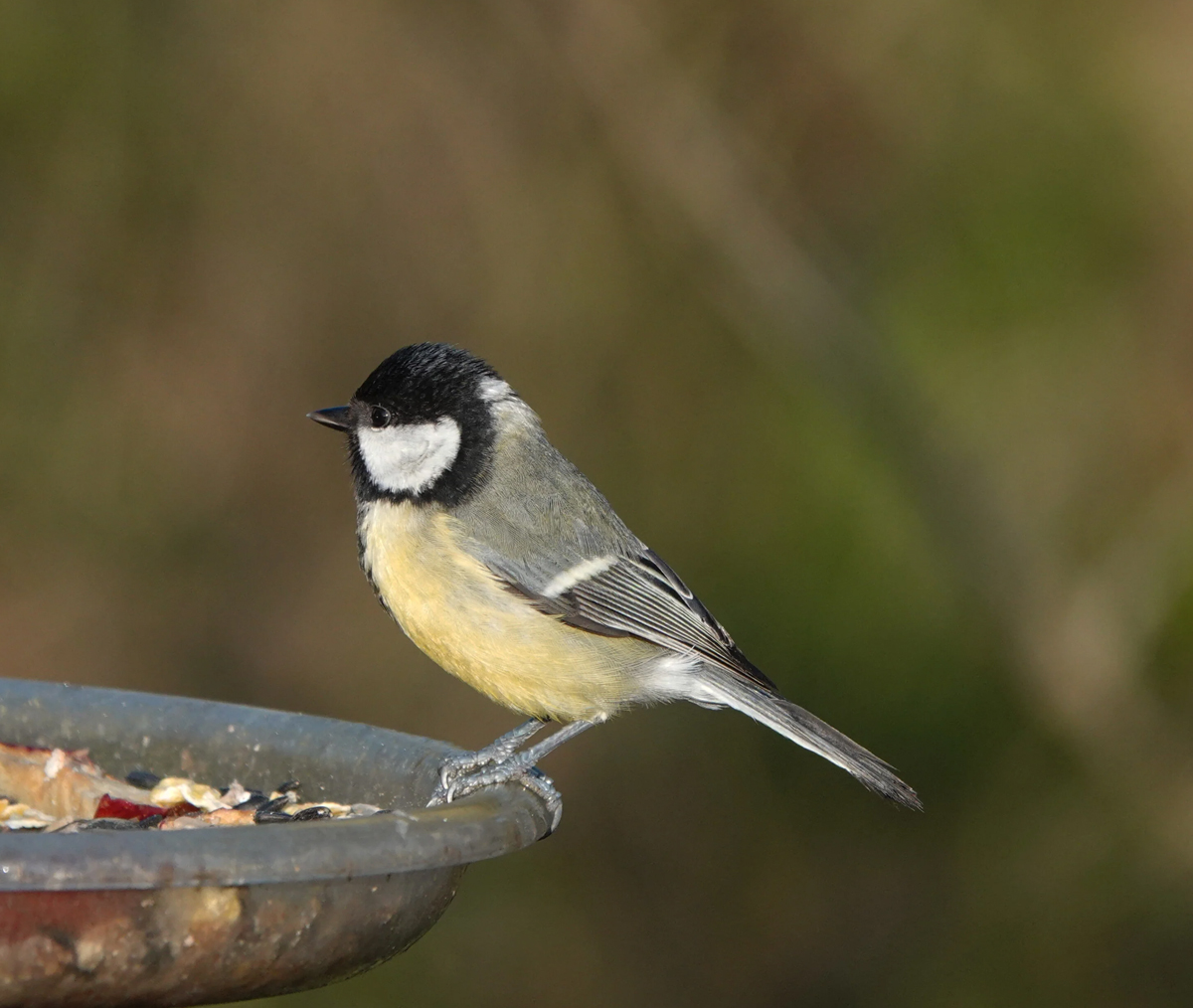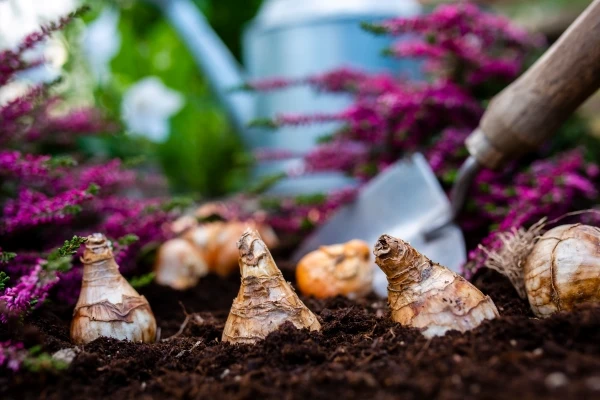
First Time for Seed Starters!
First Time for Seed Starters!
Are you a novice or first-time veggie gardener? If you’re looking to cultivate that budding green thumb, look no further. Here are some helpful tips to start that garden of eating in your backyard.
- Start small; plan your garden first on paper. Measure the available space for your garden and plot it on paper.
- Remember, a vegetable garden needs at least eight hours of full sun each day. Shady areas will reduce your harvest.
- Locate the garden near a source of water. Carrying buckets of water can be a real turnoff to even the most enthusiastic gardener.
- Planters and containers are perfect candidates for growing vegetables. Helpful hint – just make sure there’s drainage in the bottom of the pot.
- Raised garden beds can make it easier for all ages to garden.
- Grow what your family can and will eat. You do not need forty tomato plants for a family of four. Do grow a little extra to donate to soup kitchens.
- Popular varieties of vegetables tend to sell out quickly, buy early to avoid disappointment.
- Start a journal! Pictures and notes will come in handy as you plan future gardens.
- Engage your young sprouts to get involved with the garden – from seed sowing to planting in the garden to caring and harvest.
A few more tips:
Take time to study the seed packet; it is more than just a pretty picture. There is a wealth of information on it including common and Latin names, days to germinate, spacing of seeds, planting depth for seed, and days to harvest. If you do not use all the seeds, keep the remainder in the original packet. Save empty seed packets for your journal. Make notations on how well the seed germinated, number of days to germination, and continue to add comments during the growing season. When the season’s over, review those plants that were started from seed. It may help you decide if you will grow them again or give the space to something new.
Sowing seeds and growing your own vegetables and flowers is fun and rewarding. Make it a family affair and get the kids involved. Research shows that kids that spend time growing vegetables in the garden are more likely to eat them.
If seed starting isn’t your thing, there will always be transplants of lettuce, tomatoes, peppers, and more to buy in spring.
Most important – do not give up and throw in the trowel!



